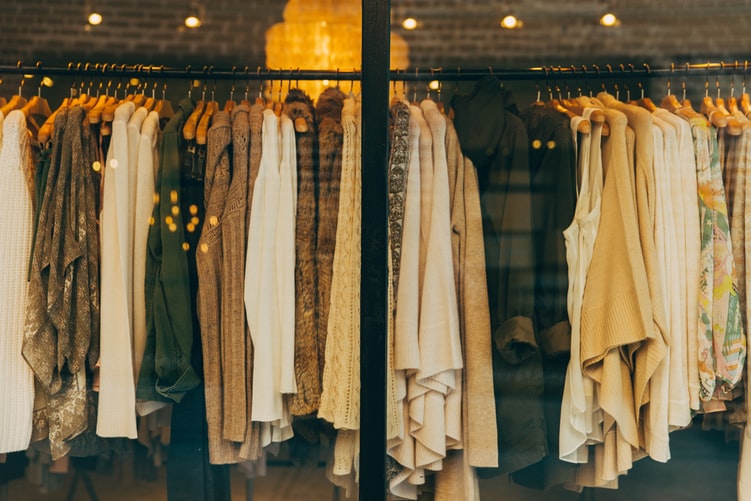
Animal cruelty, pollution, and low or even unpaid workers are just some of the issues that the fashion and beauty world are coming under fire for in recent years, so do we actually know all that much about what we are buying?
In a world that loves everything to be at speed, fast fashion is becoming one of the most prominent issues facing us today. Fast fashion is clothing that is cheap, quick to produce and usually of questionable quality. It comes straight from the runways and lives of celebrities into our hands at an affordable price, and whilst it may allow us to follow all the trends every single day, it also impacts more than just our Instagram feeds and nights out. Today, it is estimated that the fashion industry makes up 10% of the world’s emissions and it is the second most polluting industry, with oil taking the top spot, on Earth. Not only can we get clothes from the high street, but online shopping has also made it even easier for us to get our monthly, and sometimes weekly, fashion fix. We may be saving money to get our clothes, but there is a higher cost for the future of the planet.

Although it may not occur to us when buying clothes, someone has to make them, and their working conditions are not what you might think. Our shopping habits directly affect people around the world as production has been moved to factories in developing countries to keep costs low and profits high. This results in underpaid workers, child labour and dangerous conditions. Most fashion brands are paying five times less than what is needed to live and satisfy basic needs, and sometimes they do not even pay their workers for overtime, something frequently necessary with the demands of people around the globe. We would not want to live like that, so why should others just for our benefit?
On average, we only wear new clothing 5 times before it becomes unwanted. Too many of our clothes are ending their lives in landfills because they lack quality, a direct effect of the rise of fast fashion. In the UK, every year, more than 300,000 tonnes of clothing goes to landfill, averaging at around £140 million worth of textiles put in the bin. Once in a landfill, the clothes release methane when they are decomposing, a process that could take hundreds of years for some fabrics. One denim jacket can take 10-12 months to decompose, when it could be repurposed or recycled, like many other items of clothing.

The fashion industry happens to be something that we all love despite its dangerous impacts, so what can we do about it?
- Donate or repurpose your clothes: If some of your clothes have come to the end of their life in your wardrobe, then consider donating them to a charity shop or a clothes bank (usually found in the car parks of your local supermarkets). If your clothes have become damaged or unusable as a whole item, then consider repurposing them into other items. Upcycling has become a big trend in recent years and many ideas can be found online for how to use your unwanted clothes.
- Buy less and bin less: Only buy something if you actually need it, as Marie Kondo would ask: does it “spark joy”? Try to extend the lives of the clothes that you already own as well, if you already own it then you must have liked it in the first place. Don’t just get rid of it because it doesn’t live up to the latest trend.
- Shop locally and more consciously: Before making a purchase, read up on where the product comes from, as well as how it will get to you. More and more companies are now using biodegradable packaging and sustainable delivery methods, look out for them when doing your next online shop.
- Shop in charity and vintage shops before buying brand new clothing: It may be a bit of a weird concept to come to terms with at first, but second-hand clothing could be your ticket to an amazing outfit and you just don’t realise it yet.
- Don’t give up if at first, you don’t succeed. Changing our habits will not happen overnight, every small step is still a step in the right direction!
